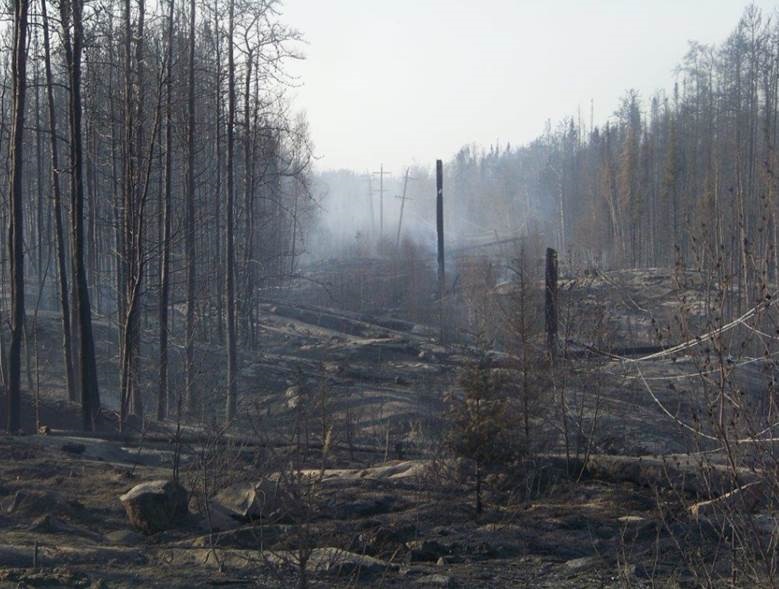New research from the University of British Columbia suggests that deadly natural disasters can help boost people’s faith.

The study, authored by Oscar Zapata, a post-doctoral researcher in UBC’s school of community and regional planning, found a link between disasters with high rates of death or injury and church attendance by people who already believe in God.
“Turning to God in tough times? Human versus material losses from climate disasters in Canada,” was published in April’s volume of the journal Economics of Disasters and Climate Change.
However, Zapata’s research found the opposite effect when the costs of the disaster were purely financial.
“Disasters with large economic losses reduce the probability of people believing in God, whereas disasters with human losses increase attendance of religious services among religious people,” he told CKNW’s The Jill Bennett show.
To generate his findings, Zapata looked at an international study that ran between 1995 and 2012, which asked more than 12,000 Canadians whether they believe in God and how often they attend church services. He then compared that data to records of natural disasters such as wildfires, floods and avalanches.

Get breaking National news
The study found that for every one per cent increase in casualties in a disaster that hurt a large number of people, there was a corresponding four per cent jump in religious service attendance by people of faith.
WATCH: Impact of B.C. wildfires still felt

Meanwhile, for every one per cent increase in the financial cost of a disaster that did major economic damage, there was a two per cent decrease in the probability of religious people believing in God. For every one per cent increase in the total number of natural disasters, he found belief in God among survey respondents dropped a whopping 26 per cent.
Zapata chalked the results up to the methods available for people to cope with disaster.
“So in the case of material losses, we have insurance markets that can help us to recover. But in the case of human losses, the psychological cost of the suffering caused by the loss of a loved one is something different,” he said.
WATCH: More south Okanagan residents return home after floods

Zapata said the study found about 82 per cent of Canadians believe in God, with about two-thirds of them being Christian. Those who were most likely to be affected were people who believed in God, but were not strongly religious.
Zapata stressed that the results apply specifically to people who are already religious and that the results do not show deadly disasters leading non-religious Canadians to have a “come to God” moment.
He said he’d like to expand the research to compare Canada to countries with higher rates of natural disasters, weaker insurance markets, and smaller social safety nets.
- 1st supervised indoor inhalation site to offer safe spaces to Vancouver’s drug users
- B.C. unveils nurse-to-patient ratios, with priority on emergency departments
- Short-term rental restrictions reducing B.C. rents, study finds
- Suspect charged in 2 Vancouver stranger attacks makes brief video court appearance












Comments